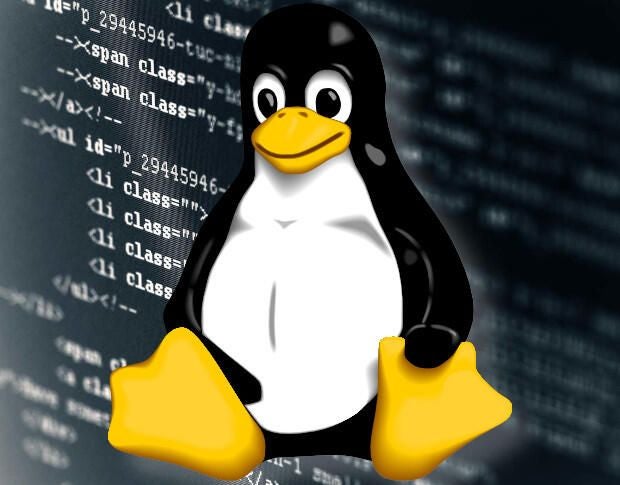Silent-Hunter
Hardcore Member
- Joined
- May 29, 2010
- Messages
- 3,485
I don't really like the sound of this.

 www.techrepublic.com
www.techrepublic.com
Does the PyraOS have to use this?

Linux home directory management is about to undergo major change | TechRepublic
With systemd 245 comes systemd-homed. Along with that, Linux admins will have to change the way they manage users and users' home directories.
Does the PyraOS have to use this?

